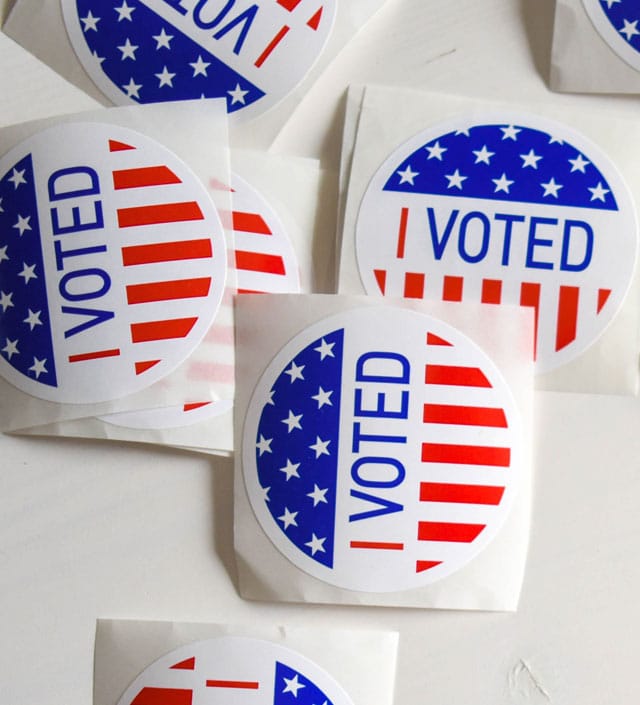
With a new season upon us, we can all look forward to changing colors, cooler weather, firepits, football and elections. Here we go again: It’s time for the candidates to impress us with their visions.
Depending on the final results of the midterm elections, tax policy could shift in a number of different ways at both the federal and state level.
One item that won’t be immediately addressed is the pending expiration of the Tax Cuts and Jobs Act of 2017. The law benefits individual filers because it lowered rates, expanded standard deductions, and reduced the estate tax. These provisions are set to expire at the end of 2025. If these are allowed to sunset, taxes will rise for many of your clients.
Corporations also have an interest in this fight. Although corporate tax cuts are not set to expire like those for individuals, tax incentives for depreciation, expensing of business assets, and research and development are set to expire at the end of 2025.
Extending all of the tax incentives in the Tax Cuts and Jobs Act of 2017 will cost trillions of tax dollars. This will either need to be offset with other tax increases or added to the national debt.
Democrat possibilities
If Democrats are able to increase their influence in Washington, we will likely see proposals to increase taxes, including an increase in minimum taxes for corporations and surtaxes on high-income individuals.
Although several Democrats including Sen. Jon Tester (D-Mont.) and Susie Lee (D-Nev.) have admitted that raising income taxes won’t be popular, there is pretty broad interest in using tax increases to pay for priorities like Medicare. It’s likely under this scenario that we would also see increased enforcement by the Internal Revenue Service. Some claim that if Democrats maintain control, they will push to increase social programs and possibly raise taxes to pay for that.
It’s equally likely under increased Democratic influence that tax benefits will be titled towards individuals and away from corporations and the wealthy.
Republican priorities
If Republicans take additional seats, we could see congressional priorities change. Specifically, we could see less cooperation for funding the government in 2023 during the lame-duck session, a reduced child tax credit, and an attempt to reduce or repeal the tax incentives in the Inflation Reduction Act.
Under this scenario, we could also see an increased emphasis on making permanent the tax reductions present in the Tax Cuts and Jobs Act of 2017. It’s also likely that Republicans would seek to block attempts by President Biden to increase top tax rates, repeal tax breaks for oil and gas producers and end tax deferrals on gains from like-kind exchanges.
Additional considerations
While your clients may find these national scenarios interesting and impactful, state-level issues also are on the line that deserve attention. Thirteen states and the District of Columbia have measures on the ballot in the midterms. For example, Massachusetts and California seek to impose additional taxes on the highest earners. Arizona has a constitutional amendment on its ballot that would allow its state legislature to determine property tax exemptions for people with permanent disabilities and disabled veterans, and for property used for trade and agriculture.
The good news is we’ll soon have a better idea of how these issues may be resolved. Stay tuned; it’s about to get interesting.
John M. Gehri, CFP, ChFC is a licensed investment advisor representative with Harvest Financial Advisors in the Cincinnati/West Chester, Ohio area. He may be reached at john@harvestadvisors.com. This article is for informational purposes only. Any commentary and third-party sources are believed to be reliable but Harvest Financial Advisors cannot guarantee their accuracy.







